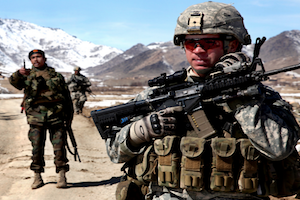Afghanistan Headed for a New Spiral of Violence as U.S. Cancels Talks with the Taliban
By Sudha Ramachandran
October 14, 2019, the CACI Analyst
On September 7, U.S. President Donald Trump announced that he was calling off peace negotiations with the Taliban. The announcement took the world by surprise since U.S. negotiators had said that ongoing negotiations with the Taliban had produced a draft accord only a week earlier. It seemed then that the withdrawal of U.S. troops from Afghanistan was imminent, yet their exit has now been put on hold. In addition to triggering another phase of heightened violence in the war-ravaged country, Trump’s decision could pave the way for an enhanced role for Russia and China in the Afghan peace process.
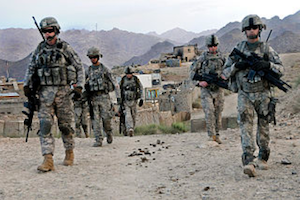
Impact of the US-Iran Confrontation on Central Asia
By Uran Botobekov
October 3, 2019, the CACI Analyst
Increasing political and economic pressure on Iran, exacerbated by the renewed economic sanctions resulting from the U.S. withdrawal from the 2015 nuclear deal known as the Joint Comprehensive Plan of Action (JCPOA), has led Tehran to seek support from the two major Eurasian political and economic powers Russia and China. Iran has also increasingly turned its attention toward its neighbors in Central Asia, which remain closely integrated into the political, economic and military projects of Moscow and Beijing. Central Asian leaders are well aware that a possible armed conflict between the U.S. and Iran would adversely affect Eurasian security.
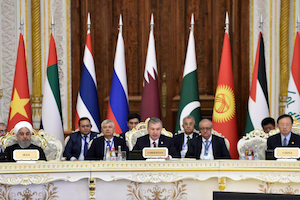
Armenia and the U.S.: Time for New Thinking
By Eduard Abrahamyan
October 2, 2019, the CACI Analyst
Armenia’s 2018 Velvet Revolution raised hopes for a reinvigoration of the country’s decades-long partnership with the U.S. However, this relationship remains stagnant, despite the visit of a U.S. delegation led by National Security Advisor John Bolton in October 2018 and the subsequent visit of Deputy Assistant Secretary George Kent to Yerevan in May 2019, resulting in the formal elevation of Armenia’s relations with the U.S. to the level of “strategic dialogue.” Moreover, Yerevan’s decision to dispatch a military-humanitarian mission to Syria remains an irritant in its interaction with Washington. As a consequence, the ties have reached a historical low-point in comparison with the improving cooperation between the U.S. and other Caucasian states.
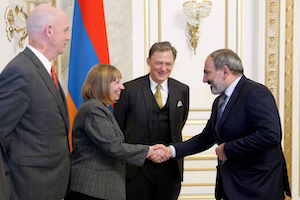
Why Washington Must Re-Engage the Caucasus
By Stephen Blank
July 8, 2019, the CACI Analyst
In late 2018, National Security Council Director John Bolton signaled a revived U.S. interest in the South Caucasus by visiting all three states of the region. While the outcome remains unclear, the visit itself clearly signaled a U.S. interest in reviving a robust presence in the Caucasus. Indeed, U.S. interest should not only stem from the Caucasus’ proximity to Iran and Russia, or considerations relating to energy flows to Europe. The Nagorno-Karabakh conflict between Azerbaijan and Armenia has seen repeated recent outbreaks of violence and the issues and alignments growing out of this conflict spill over into all the other issues pertaining to the Caucasus that justify a renewed U.S. presence. Regenerated U.S. action to help terminate the Nagorno-Karabakh conflict peacefully is necessary because of the visibly mounting frustration and despair in the war zone.
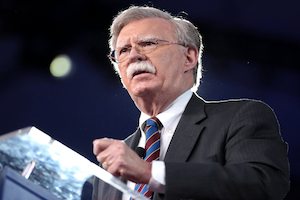
Wither Afghanistan? The Great Game Takes a New Turn
By Stephen Blank
February 13, 2019, the CACI Analyst
When he announced the withdrawal of U.S. troops from Syria, President Trump also announced the departure of one half (7,000) of America’s troops in Afghanistan. This abrupt decision both damaged the U.S. position in the Middle East and undermined ongoing negotiations with the Taliban over Afghanistan. It upset all the calculations of the Afghan government, leaving it scrambling for a new negotiating and strategic posture, and undid two years of successful albeit modest U.S. policy of renewed economic and political support for Central Asia. This will allow both Beijing and Moscow to respond by extending their influence in Central Asia at America’s expense and to employ their strongest capabilities for doing so.
